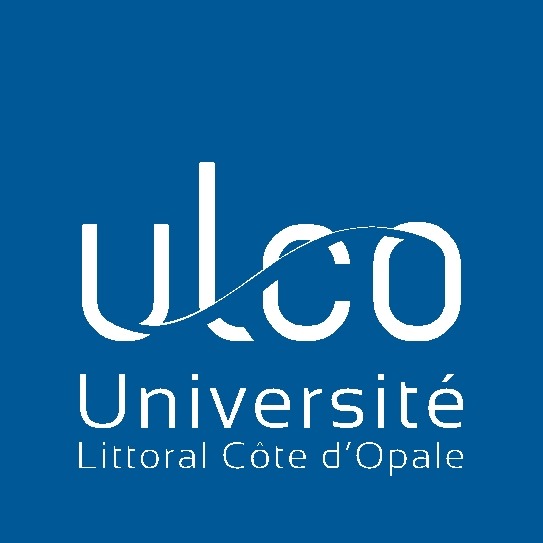Pandemic and speculation: when history stutters
If it would be premature to make an economic balance of the Covid-19 epidemic and the lockdown, the understanding of this particular moment we are submitted to can be enlightened by the preceding epidemics such as the Spanish influenza of 1918-1919. From Spanish, that flu had nothing but the name. It could be attributed to Spain because it was virulent there and because the country remained neutral as it did not censor medical statistics. The geographical origin of the virus remains controversial. The hypothesis of the centre of the United States now seems privileged but the north of France has also been mentioned, without counting the cases of pulmonary diseases observed as early as 1916. The flu manifested in three waves: the first between April and June 1918, the second – the most deadly – from September to December, and again in February-March 1919. Troop transport, chaotic sanitary convoys, the use of foreign labour, mainly colonial, encouraged the worldwide spread of the virus, which caused 40 to 50 million deaths and perhaps as many as 100 million.
How did the economies submit to such a shock? The reality is that we know very little about the economic impact of the great flu of 1918-19. Economists have registered a decline in GDP, consumption and social trust. However, the difficulty of isolating the effects of influenza from those of the Great War and the uncertainties about the reliability of the statistical material employed undermine these results. The effects may have varied widely from a place to another . Overall, the governments left the local authorities responsible for the measures to be taken. Few cities like Boston or Philadelphia on the northeast coast of the United States closed the shops. Elsewhere, cinemas, theaters, restaurants, cafes, urban transport and shops continued to welcome their customers. In France, the municipality of Rouen, for example, preferred to enact disinfection measures. Nevertheless, the companies felt the epidemic because of the extent of absenteeism of their sick employees or because they were requisitioned, especially funeral homes.
This crisis was not a bad deal for some opportunists. In Tours, France, advertisements for cough drops, antiseptics, soaps but also quinquina drinks “that strengthen the bronchi and chest” or “hygienic underwear against colds” increased in the local press at the height of the epidemic. Like the current traffics on masks or hydro-alcoholic gels or those of the cholera epidemic of 1832, Spanish flu favoured speculation on therapeutic products as well as the emergence of remedies at exorbitant prices and false innovations such as miracle vaccines but totally ineffective.
Some venture to prophesy that after the current crisis “nothing will be the same”. History encourages us to be more cautious and less peremptory. The Spanish flu was soon forgotten. After the economic crisis of 2008, some also thought that this time capitalism would have to change. The fragilities that are now appearing show that this has not been the case.
By Cédric PERRIN, Lycée Grandmont à Tours, Université d’Evry Paris Saclay



